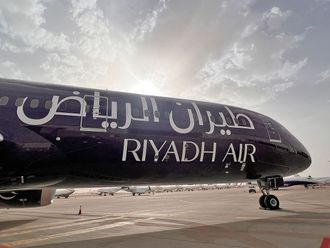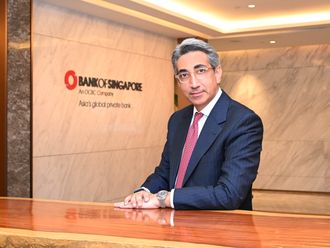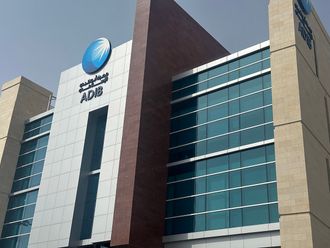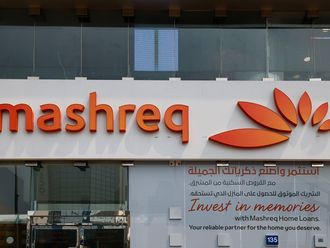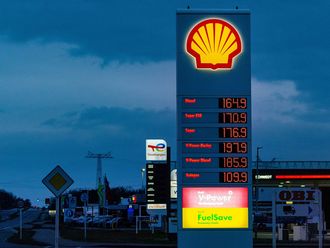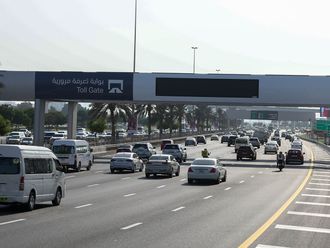Beirut: Lebanon's Bank Audi, the country's largest lender by assets, plans to enter the British market this year and is eyeing the Tunisian and Algerian markets as part of a new strategy to strengthen and diversify its business outside Lebanon, the bank's chief financial officer said.
"We have plans to open hopefully by year-end a branch in the United Kingdom to mainly do private banking," Freddie C. Baz, group CFO and strategy director at Bank Audi told Zawya Dow Jones last week.
The bank's new strategy now is diversification across markets, he said. "Our ultimate aim is to become a regional bank through cross-selling markets and business lines."
In Europe, Bank Audi has a full-fledged branch in Paris and a private banking unit in Switzerland. In addition, the lender expects to close its 100 per cent acquisition of Dresdner Bank Monaco within three weeks, allowing it to provide private banking services in Monaco, south of France and northern Italy.
Core focus
Bank Audi, which has a 20 per cent market share of Lebanon's banking system, will continue to focus on consolidating and strengthening its presence in markets like Lebanon, Egypt, Syria and Jordan and entering new markets like Algeria and Tunisia, Baz said.
The bank has a total network of 154 branches globally, 84 of which are in Lebanon. Bank Audi is present in Saudi Arabia through Audi Capital and is licensed in Qatar by the Qatar Financial Centre Authority. "We hope to a get a commercial and retail banking licence in the kingdom. It's a strategic market for us," Baz said.
Earnings on track
Bank Audi's net profit rose 31.6 per cent to $80.2 million (Dh294.9 million) in the first quarter of 2010, a strong signal for double-digit growth this year, the chief executive told reporters at a conference in Abu Dhabi last month. "Our first quarter results are a solid indication that the pace of growth of net earnings of the previous years is still on track," he said, but declined to give expectations for the bank's second quarter earnings.
Baz attributed the strong growth to a positive econ-omic environment in the Middle Eastern and North African countries where it operates, particularly Lebanon, Egypt, Syria and Jordan.
Baz said the bank's assets rose to $26.8 billion, up from $26.5 billion as of the end of December 2009 and $20.4 billion at the end of 2008. Customer deposits grew $237 million in the first quarter to $23.2 billion.


